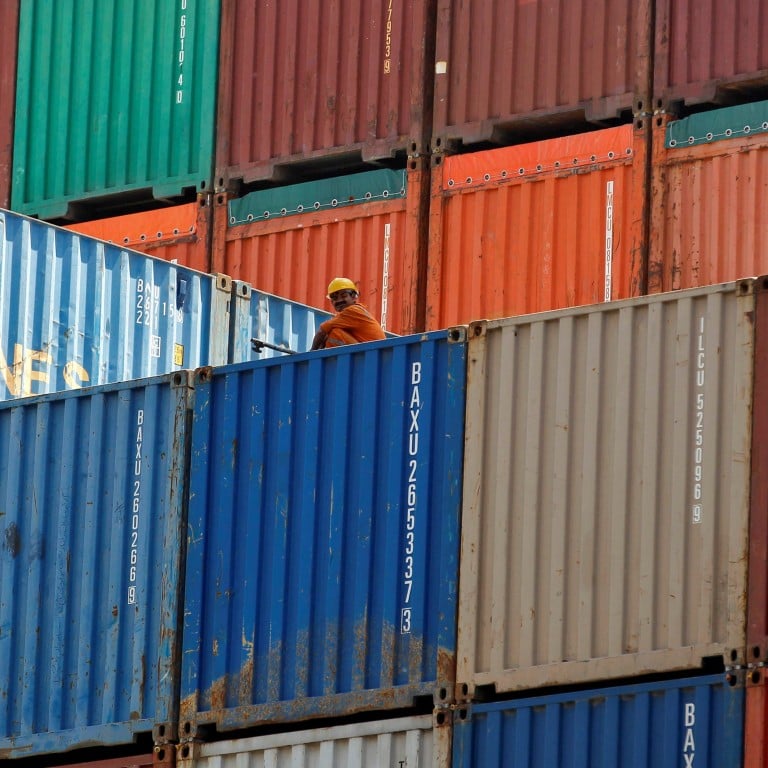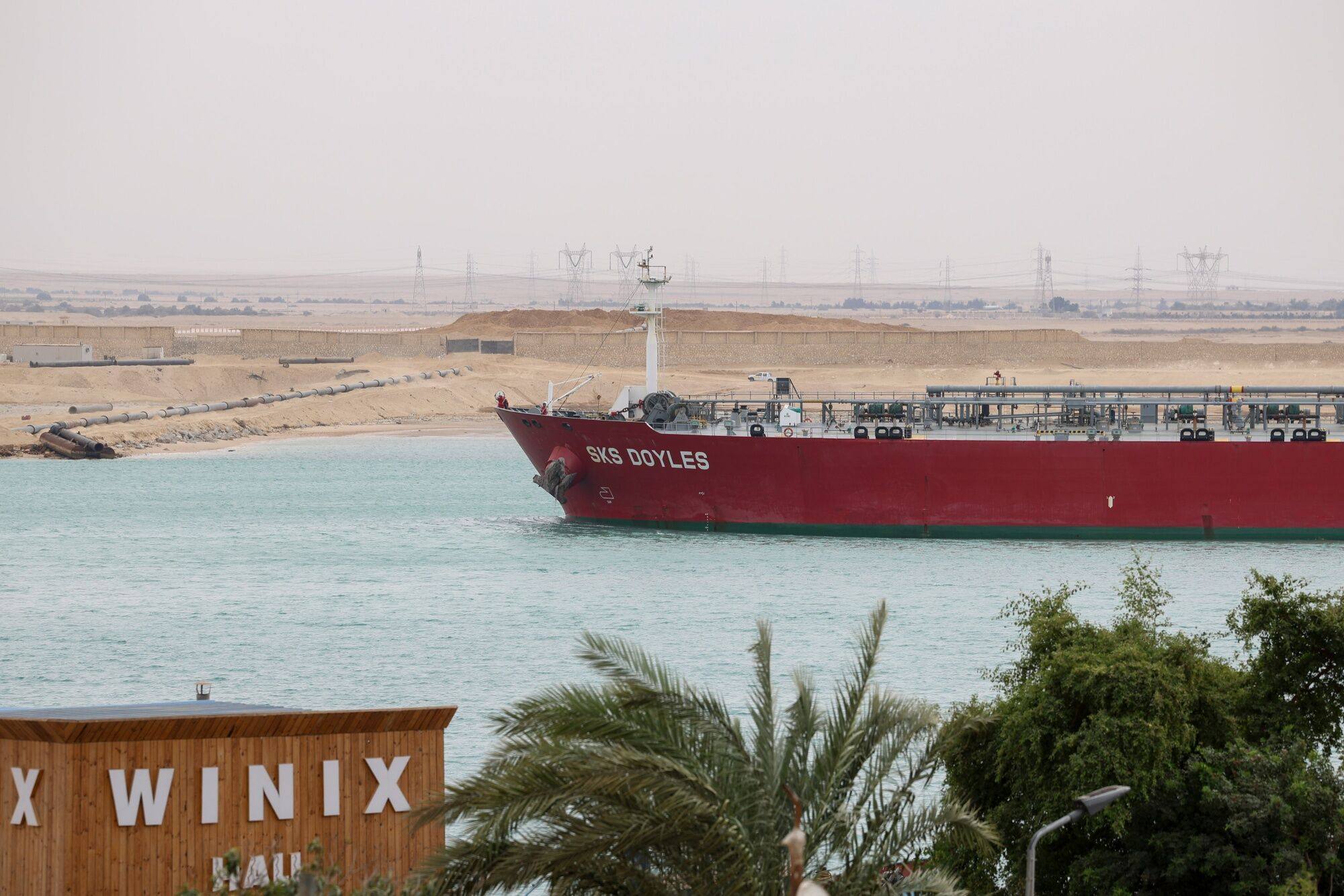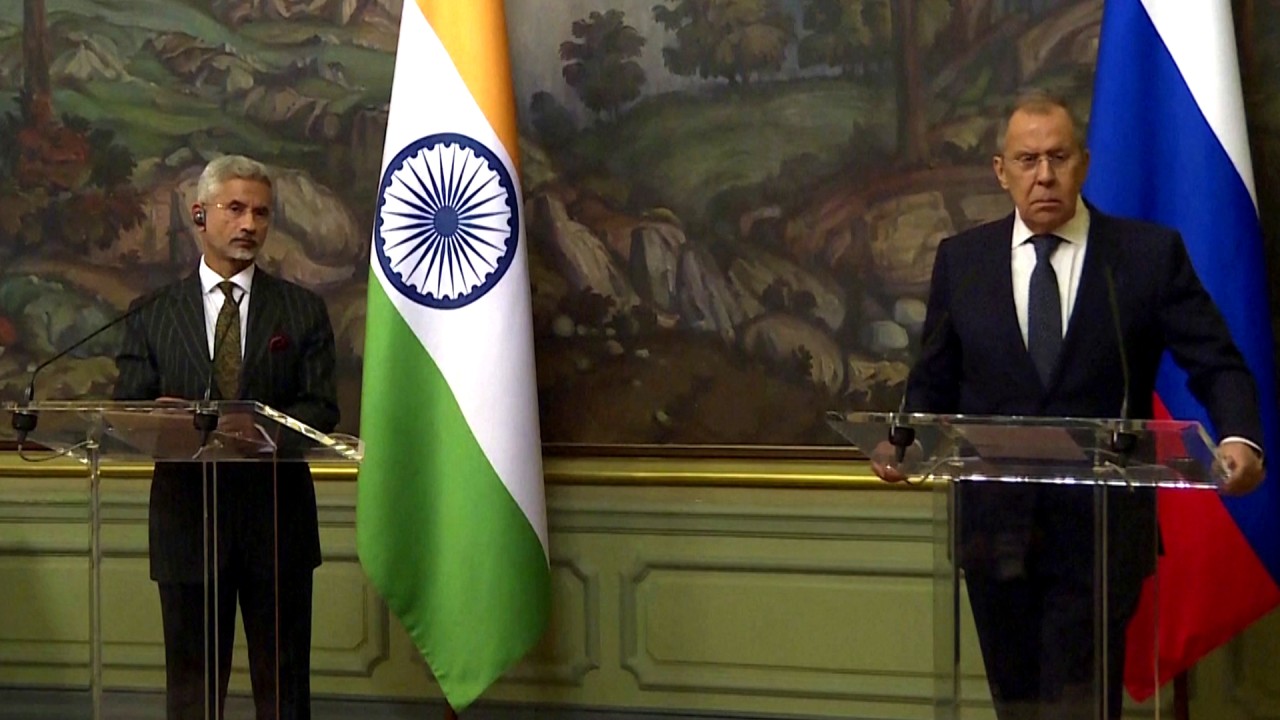
Is EU ‘living in the past’ as it mulls sanctions on Indian, Chinese firms exporting to Russia?
- EU’s potential sanctions on individual Chinese and Indian firms’ export of electronics to Russia will only reinforce perceptions of inequality
- If pressuring Russia is the aim, past sanctions have achieved little and targeting third parties in Asia is likely to serve the EU’s purpose even less
Therefore, the disconnect between the two things appears bizarre.
India, China ‘enjoy the discount’ on Russian oil as EU tightens price cap

“India’s ascent as an oil product exporter beyond its usual core Asian markets is intrinsically linked to it starting to buy discounted Russian crude. The main reason for this is simple – discounted feedstock for refineries creates a competitive advantage that other refiners (buying crude at market levels) don’t have,” says Viktor Katona, crude oil analyst at data and analytics company Kpler.
Surely, European buyers would be aware that a chunk of India’s oil products are of Russian origin. Therefore, sanctioning only Indian and Chinese firms is illogical without examining its own backyard.
An Indian trade executive says European representatives typically try to take a dominant position during trade negotiations, and therefore the sanctions move coinciding with talks for a free-trade agreement is not surprising.
Consider for a moment what is on the table.
The EU’s demands include removing trade barriers for smaller European firms, opening up services and the Indian public procurement market, investment guarantees and environmental compliance as it is set to roll out carbon emission tariffs.
One of New Delhi’s key demands is the migration of professionals – which is not the same as emigration, but the ability to provide professional services that are vital to sectors like information technology.
Like it or not, migrants rich and poor will shape our economic futures
But it is clear that a lot of give and take will be required to achieve fruition and that the sanctions, albeit on individual firms, will only raise a jarring note and reinforce perceptions of inequality.
“It has to be an equal partnership and win-win for both. The EU seems to be living in the past and thinks that such threats can help. You must find a landing zone,” says TS Vishwanath, principal adviser at ASL-Legal and a trade analyst.
If pressuring Russia is the aim, past sanctions have achieved little, and targeting third parties in Asia is likely to serve the EU’s purpose even less. Therefore, it would be best to find a way to work around the sanctions without punishing third parties.
Wisdom dictates that a path to peace should be found with India and China’s leverage over Russia. For the EU to put the bite on market participants in Asia’s growth engines may only muddy the waters further, with two years into the Ukraine war.


